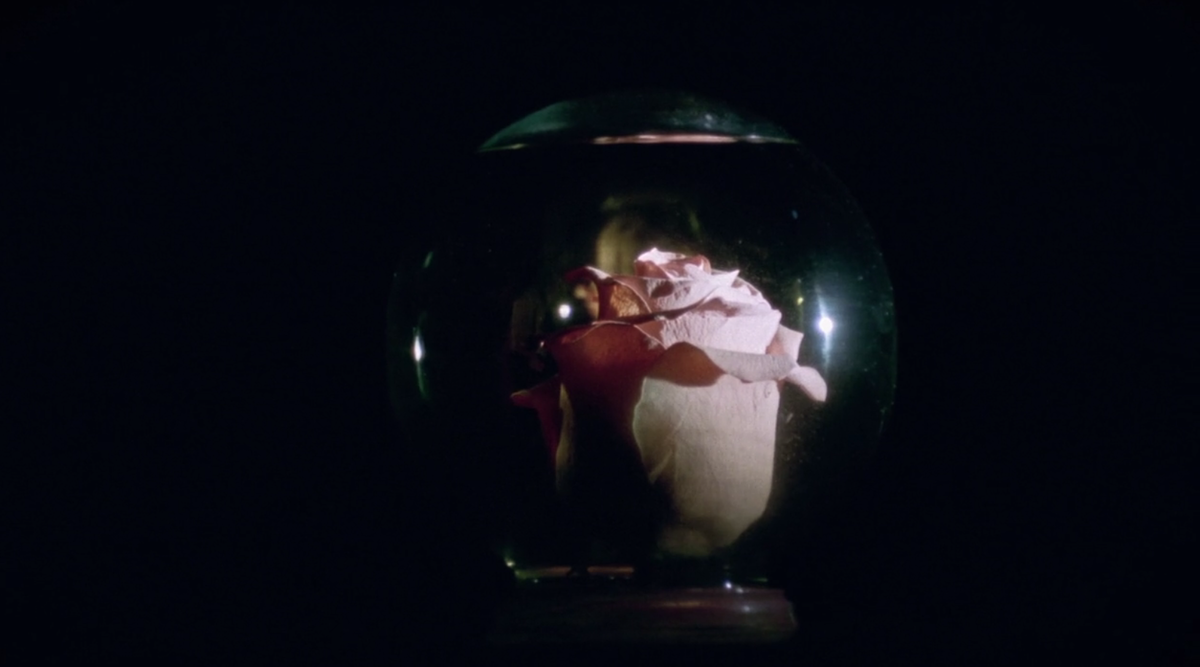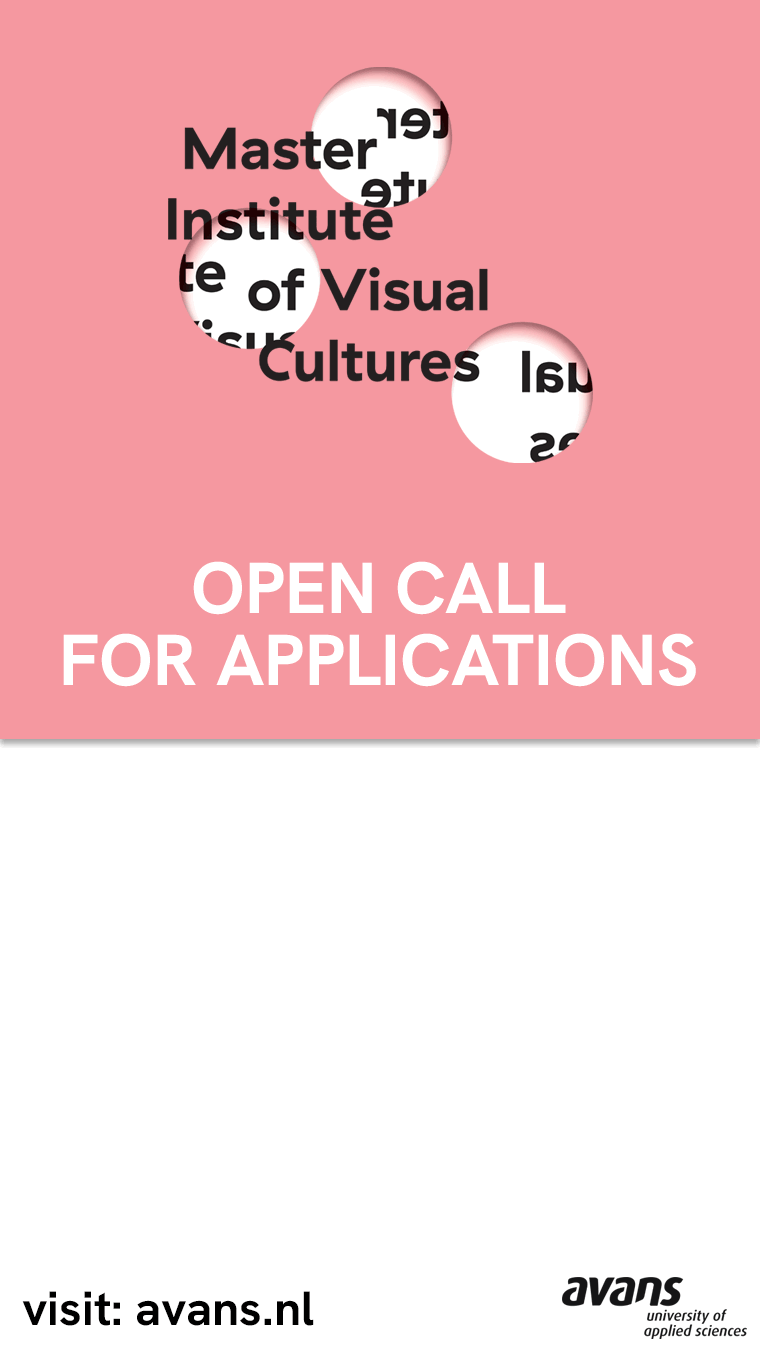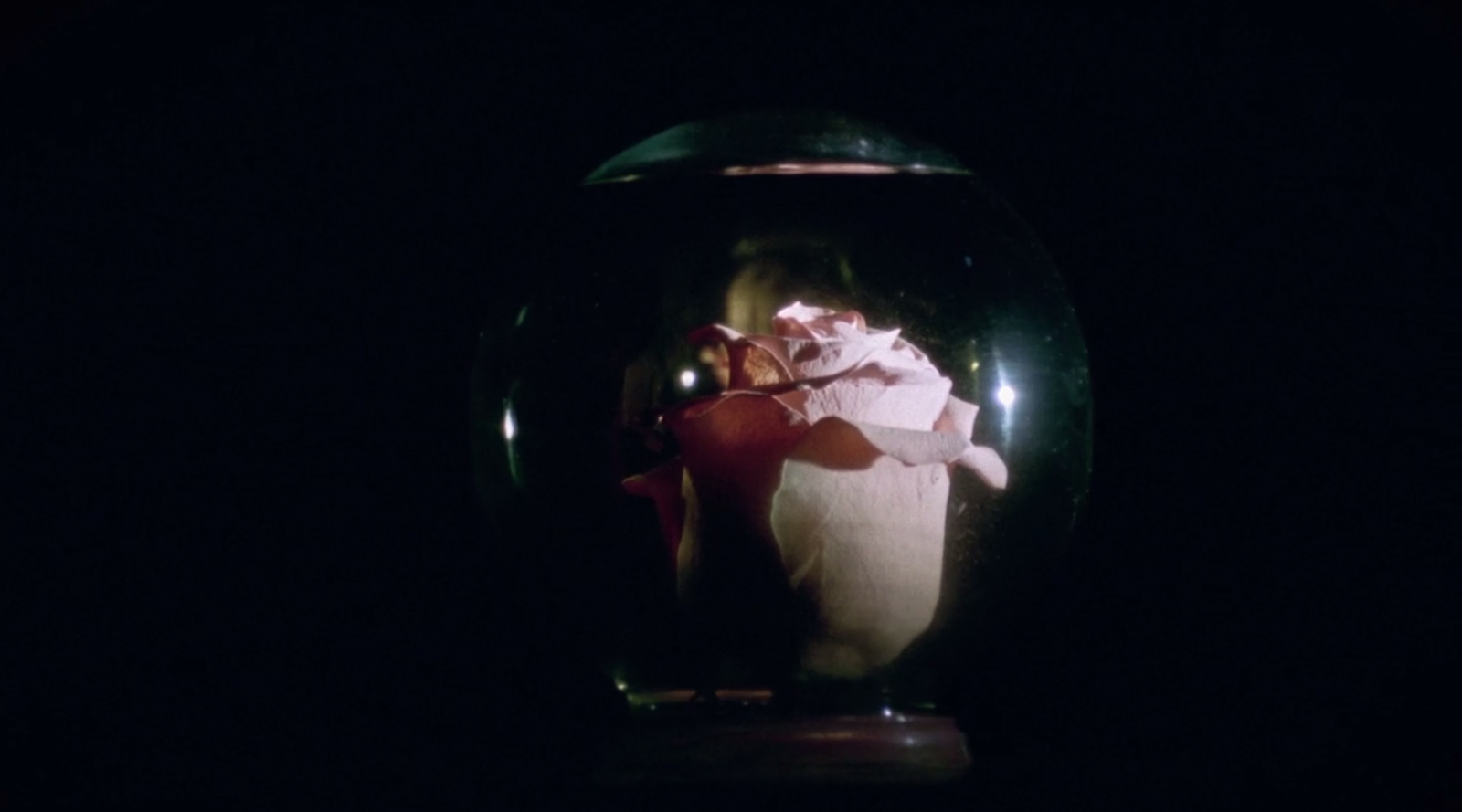Meta is a collaboration between art-agenda and TextWork, editorial platform of the Fondation Pernod Ricard, in which writers reflect on the experience of writing about art. Here, Chris Sharp considers the difficulties he encountered in responding to Jean-Charles Hue’s films for his essay “Witness on the Threshold.”
It took me a year to write my essay on the work of Jean-Charles Hue. It was probably the hardest essay I’ve ever had to write. Almost a year after publishing it, I finally have some sense of why. It was due to a combination of factors, the first being that, at the time of the invitation, I was not familiar with the artist’s work. However, a cursory perusal of Hue’s films, which blend documentary and fictional styles and exist in the contexts of both contemporary art and cinema, informed me that it was interesting, strange, and challenging. Little did I know.
As a writer and curator, some of my best and most formative “discoveries” have been made through commissions. So I was happy to accept this one. That said—and this, I believe, more or less accounts for the rest of the difficulties I had with writing about Hue’s films—it was politically ambiguous work which came to me at a fraught time (in which ambiguity, at least in the Anglophone art world, had become implicitly subject to a non-negotiable ban). As an American man living in Mexico City at the peak of the #MeToo movement, I wasn’t sure what to make of Hue’s portrayal of women, which was at times, if not degrading, then seeming to figure their degradation in spiritual terms: as transitional figures between the dead and the living. By the same token, I wasn’t sure what to read of Hue’s apparent fixation with, and unabashed use of, what he called “Orientalism.” The term—which I had learned from reading Edward Said’s eponymous book in the early aughts—had been proscribed in Anglophone discourse, except to indicate a culturally and institutionally sanctioned form of racism and any paradigmatic representations thereof. Yet for Hue, the word suggests “a promise, an invitation to the voyage.”
After much internal debate, it wasn’t until reading more interviews with Hue and speaking with him personally that it occurred to me that his position vis-à-vis women and Orientalism was ultimately metaphorical. Which is to say that he didn’t approach these issues literally, but rather as complex metaphors (and maybe this brings up a whole other set of problems). The French expression premier degré is used to indicate an un-nuanced, literal, face-value form of thinking—as opposed to, say, a second or third degree. Perhaps I was taking his work au premier degré, and needed to be less literal and more nuanced in my thinking.
Besides, at a time when politics in the field of art was being reduced to a stringent mode of binary “correct” or “incorrect” thinking, the existence of a position which intrinsically rejected binary thinking struck me as brave and refreshing. However, this rejection was not of something so much as it was in favor of complexity, moral, philosophical and otherwise, as well as the kinds of difficulty and reflection which are known to arise from ambiguity. To be perfectly frank, after all this time and thought, I am still not sure if I understand Hue’s work, and that is precisely why I will keep going back to it.


